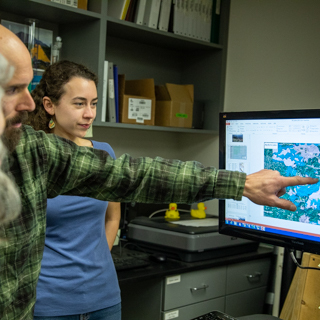Practicum Projects
Through faculty-mentored projects, students draw on their knowledge, skills and passion to take leadership on projects that address climate change.
Climate Change Practicum projects
Students work independently on projects they design to bridge connections between their major and the climate change minor. Students enroll in the Climate Change Practicum course and meet regularly throughout the semester with a faculty mentor. Below is a selection of student projects:
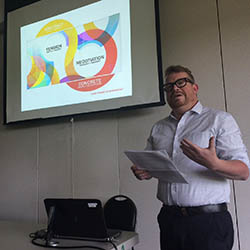 Karl Olson (an English major with CCS minor) explored the intersection of art and science by developing curriculum that explores: (1) the way climate influences the composition and content of literature; and (2) the contribution literature makes to conceptualizing and addressing issues of climate change. See the study guide he created and presentation.
Karl Olson (an English major with CCS minor) explored the intersection of art and science by developing curriculum that explores: (1) the way climate influences the composition and content of literature; and (2) the contribution literature makes to conceptualizing and addressing issues of climate change. See the study guide he created and presentation.
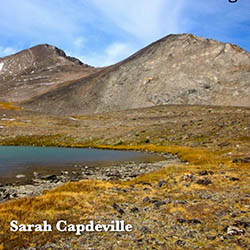 Sarah Capdeville (a Resource Conservation major with CCS minor) focused on the history and management of wilderness in the context of anthropogenic climate change using scientific literature, environmental and philosophical writings, and personal experience. This project turned into her undergraduate thesis, which she summarized in this presentation.
Sarah Capdeville (a Resource Conservation major with CCS minor) focused on the history and management of wilderness in the context of anthropogenic climate change using scientific literature, environmental and philosophical writings, and personal experience. This project turned into her undergraduate thesis, which she summarized in this presentation.
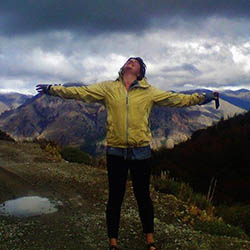 Hope Radford (a Resource Conservation major with CCS minor) spent a semester in Argentina and Chile conducting an ethnographic study of small farmers and wrote this paper about their perceptions and responses to climate change.
Hope Radford (a Resource Conservation major with CCS minor) spent a semester in Argentina and Chile conducting an ethnographic study of small farmers and wrote this paper about their perceptions and responses to climate change.
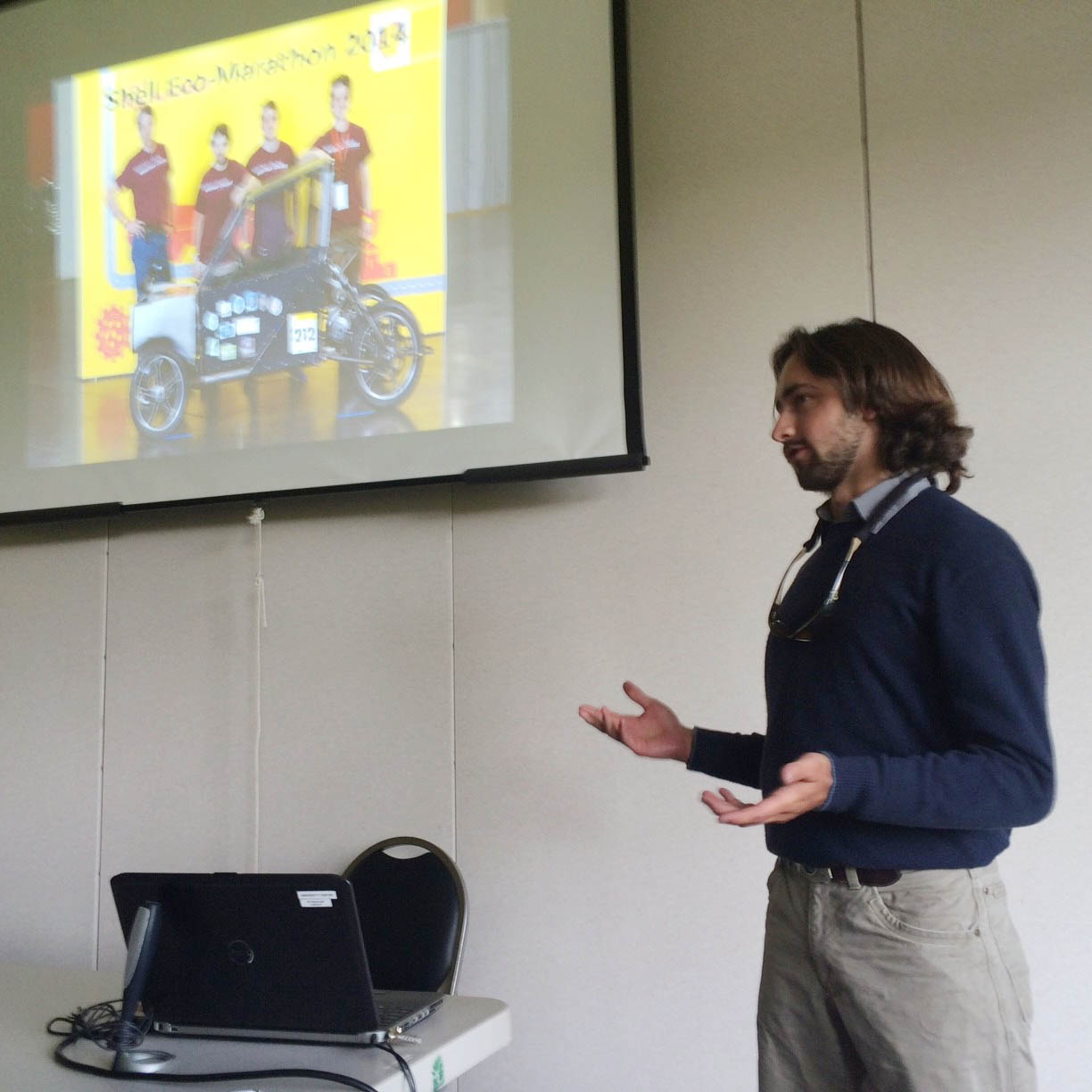 Raphael Hagen (a Geoscience major with Astronomy minor) worked on the design and prototype for a solar-powered car that will be entered into the 2016 Shell Eco-Marathon, a yearly race that attracts teams across the world in competition to maximize efficiency. See Raphael’s presentation.
Raphael Hagen (a Geoscience major with Astronomy minor) worked on the design and prototype for a solar-powered car that will be entered into the 2016 Shell Eco-Marathon, a yearly race that attracts teams across the world in competition to maximize efficiency. See Raphael’s presentation.
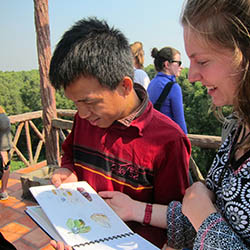 Mara Menahan (an Environmental Studies and Geography major with CCS minor) created illustrations of a changing climate, comparing today’s environments to those of a potential future. See four of Mara's illustrations on: industrial agriculture, climate justice, alpine ecosystems, and coral reefs.
Mara Menahan (an Environmental Studies and Geography major with CCS minor) created illustrations of a changing climate, comparing today’s environments to those of a potential future. See four of Mara's illustrations on: industrial agriculture, climate justice, alpine ecosystems, and coral reefs.
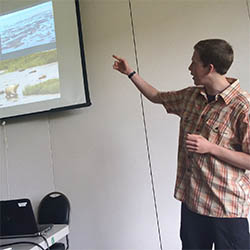 Neil Moore (a Wildlife Biology major with CCS minor) worked on the tundra in Manitoba for two months with Utah State University doctoral student, Dave Iles, monitoring the effects of climate change on various trophic levels of the ecosystem. See Neil’s presentation.
Neil Moore (a Wildlife Biology major with CCS minor) worked on the tundra in Manitoba for two months with Utah State University doctoral student, Dave Iles, monitoring the effects of climate change on various trophic levels of the ecosystem. See Neil’s presentation.
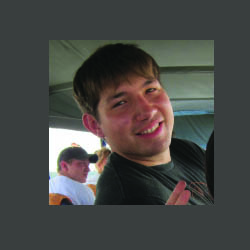 Avery Old Coyote (a Resource Conservation major with CCS minor) traveled to the Russian Altai Mountains and used indigenous research methods to highlight perceptions of local Altian youth on the effects of climate change.
Avery Old Coyote (a Resource Conservation major with CCS minor) traveled to the Russian Altai Mountains and used indigenous research methods to highlight perceptions of local Altian youth on the effects of climate change.
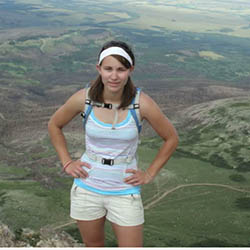 Sperry DesRosier (a Geoscience major with CCS minor), a Native Blackfeet, studied oil and gas development on the Blackfeet Reservation and created this video.
Sperry DesRosier (a Geoscience major with CCS minor), a Native Blackfeet, studied oil and gas development on the Blackfeet Reservation and created this video.
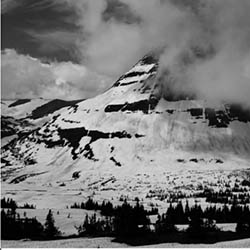
Ruby Baum (a Geoscience major with CCS minor) interested in science communication created this 16-page guide to the science of climate change.
 Maggie Matchett (a pharmacy major with CCS minor) interested in global health created a report about climate change and public health focused on malaria.
Maggie Matchett (a pharmacy major with CCS minor) interested in global health created a report about climate change and public health focused on malaria.
Student EcoRep Program
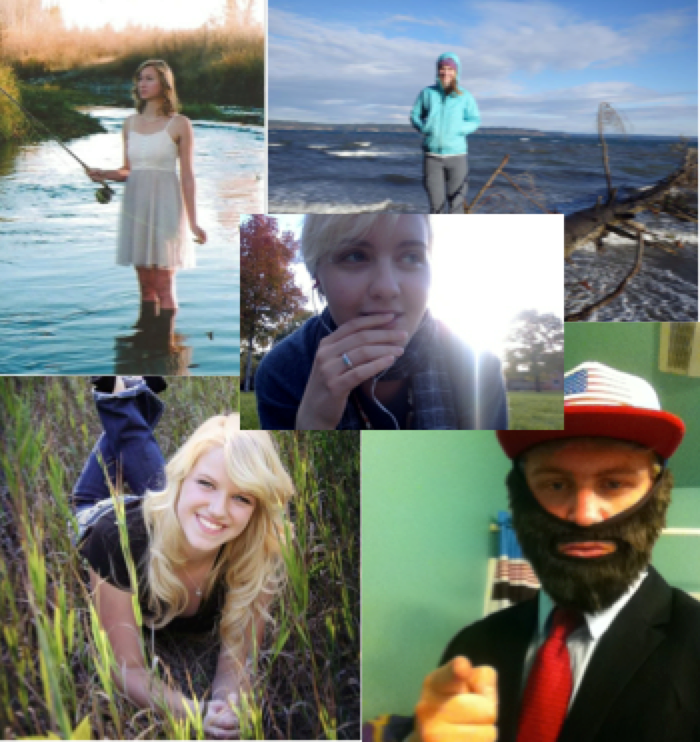 Each year, EcoReps are selected to serve as sustainability advocates who live in the residence halls and coordinate programming related to the University of Montana’s Climate Action Plan. Students enroll in the Climate Change Practicum course and meet weekly with the Climate Change Studies and ASUM Sustainability Coordinators to plan and orchestrate activities. During the 2014-15 academic year, EcoReps led a number of activities for the residents that addressed recycling, local foods, water conservation, sustainable transportation, an energy conservation competition, and more. See what the 2014-2015 EcoReps accomplished in their year-end report. Meet the 2015-16 EcoReps.
Each year, EcoReps are selected to serve as sustainability advocates who live in the residence halls and coordinate programming related to the University of Montana’s Climate Action Plan. Students enroll in the Climate Change Practicum course and meet weekly with the Climate Change Studies and ASUM Sustainability Coordinators to plan and orchestrate activities. During the 2014-15 academic year, EcoReps led a number of activities for the residents that addressed recycling, local foods, water conservation, sustainable transportation, an energy conservation competition, and more. See what the 2014-2015 EcoReps accomplished in their year-end report. Meet the 2015-16 EcoReps.
Student blog posts from the COP 19 in Warsaw
CCS students have attended several of the UN global climate change conferences as delegates and observers. Mara Menahan attended the 19th Conference of the Parties in Warsaw, Poland, in November 2013. She created a blog to share about her insights and learnings with two other UM graduate students:
